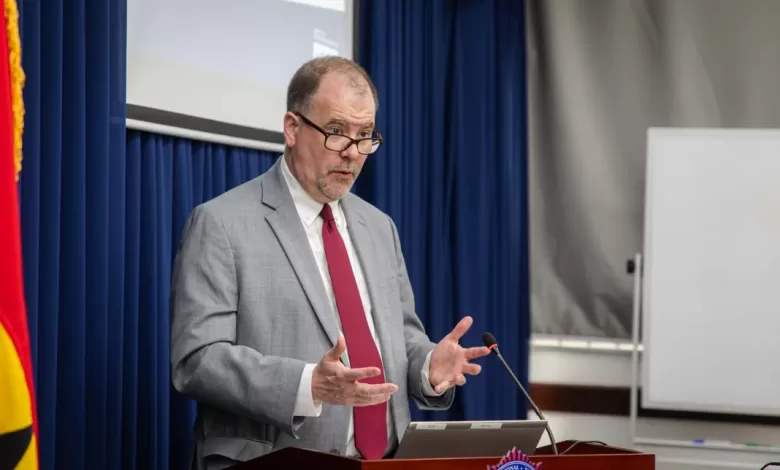Ghana Scores Debt Relief Deals, Poised for Economic Recovery

- Ghana recently achieved significant breakthroughs
- The OCC deal frees up vital resources
- These deals could also serve as a model
Ghana recently achieved significant breakthroughs in its debt restructuring efforts, paving the way for a brighter economic future.
Agreements with both government creditors and private bondholders mark a turning point in stabilizing the economy and regaining financial control.
Following a successful deal with the Official Creditor Committee (OCC) earlier in June, Ghana secured an Agreement in Principle (AIP) with two major Eurobond holder groups. This comprehensive restructuring offers bondholders two options:
- PAR Option: Maintain the original principal amount with extended maturities and lower interest rates (capped at US$1.6 billion).
- DISCO Option: Reduce principal by 37% in exchange for higher interest rates on the restructured bonds.
Both options include additional measures like a Past Due Interest (PDI) bond and a participation incentive.
This restructuring translates to an estimated US$4.7 billion in debt relief and US$4.4 billion in cash flow relief for Ghana during its IMF program. It also establishes key non-financial terms, including transparency requirements for public debt reporting.
The IMF has expressed preliminary approval of the AIP, subject to final confirmation at an upcoming board meeting. The OCC co-chairs acknowledged the agreement as a solid foundation for fair treatment among creditors.
Earlier OCC Deal Paves the Way
Ghana’s journey to economic recovery began with an earlier Memorandum of Understanding (MoU) signed with the OCC, co-chaired by China and France.
This agreement, building on terms agreed upon in January, provides substantial debt service relief throughout Ghana’s IMF-backed economic growth program.
The OCC deal frees up vital resources for the government to invest in critical areas like infrastructure, healthcare, and education. It also paves the way for the IMF to approve the second program review and release additional funding.
Impact and Looking Ahead
These agreements hold significant implications for Ghana’s economy and its standing in international markets.
While short-term volatility is possible due to reduced returns for bondholders, the structured approach and IMF involvement are likely to improve market sentiment in the long run.
These deals could also serve as a model for other emerging markets facing similar debt challenges. Ghana’s commitment to transparency and fair treatment, along with its focus on economic reform, could rebuild trust with international investors.
The formal launch of the Eurobond restructuring solicitation is expected in the coming weeks, with government seeking broader bondholder approval to finalize the transaction. As Ghana implements these agreements, the focus will shift towards executing its economic reform plan and driving sustainable growth.






